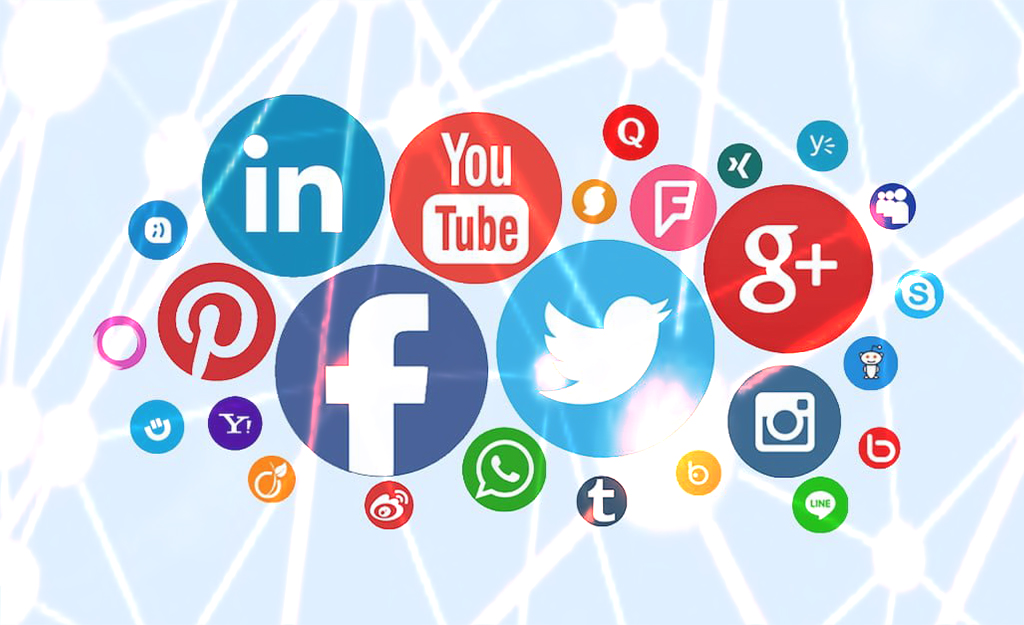The Catholic community has become social: a community with a specific identity; a community that does not deny or exclude its faith but instead lives it to the point of self-giving, and that always looks to its hub: the Lord Jesus. Social media has enlarged, extended and amplified this community.
Today, like yesterday and perhaps even more than yesterday, the Web and its social and streaming channels have focused our gaze on the new digital age, confirmed by the prophetic foresight that inspired St. John Paul II to write words counselling prudence but also encouragement regarding the digital world.
Pope John Paul II called the world of communications “the first Areopagus of the modern age” and declared: “It is not enough to use the media simply to spread the Christian message and the Church’s authentic teaching. It is also necessary to integrate that message into the new culture created by modern communications” (Redemptoris Missio, 37). It is very important to do this today because the media not only have a powerful influence on how people perceive life, but also to a great extent “human experience itself is an experience of media” (Aetatis Novae, n. 4).
In order to dispel some assumptions and prejudices, it would be useful to read the document The Church and Internet (2002), which already in pre-coronavirus times pointed out the new possibilities offered by the world of communications: “Even though the world of communications can at times seem to be at odds with the Christian message, it also offers unique opportunities to proclaim the saving truth of Christ to the whole human family. Let us consider the positive capacity of the Internet to transmit religious information and teachings across barriers and frontiers. Those who have preached the Gospel before us could never have imagined such a vast audience…. Catholics should not be afraid to open the doors of social communications to Christ so that his Good News can be proclaimed from the rooftops around the world!”
Christian and Catholic communicators are very familiar with this golden rule: never betray your identity and always proclaim Jesus Christ–this is the mission of the Church.
Our hub (center) is Jesus Christ: a person of authentic and true relationships. We must proclaim and witness to him and his Word through the gift of the Holy Spirit, and we know that the Spirit blows where he wills, as he will and to whom he wills–even to those caught in the existential drifts of the Web. By means of the Web, many people have found meaning in life and how to live it genuinely–and I guarantee this statement. They have lived moments never before experienced in their families. To cite just one of these: the blessing of families via social media, when the parish priest asked parents to bless their children, sitting beside them, and to let themselves be blessed in return by them: each one tracing a sign of the cross on the forehead and over the heart of each person. It was so moving to see even the toughest and most reserved fathers perform this blessing. It was the Spirit at work, making use of the Web.
An encounter with Christ generates community in a powerful way in today’s world of global insecurity. The need for community is the antidote to anti-communities, to the cult of singularity, to the exaltation of the god of the algorithm, to the “humanization” of technology. The Internet has been and continues to be a revolution, and technological research is advancing at a very fast pace, without giving us time to assimilate its innovations and their effects on human beings, thus increasing digital discards and new forms of poverty. In addition to the complex but fascinating world of the algorithm self, new challenges are already appearing in the technological and digital world: a social but nevertheless real community, under the wise guidance of shepherds who do not use the Internet as a time-filler or to put themselves on display, but who use it instead to make Christ and his love shine. Because Love passes through even a bit–transcending distances and differences so as to build communion: a community rich in identity, transparency, solidarity and love. This is a real gift from and also for the Web.

